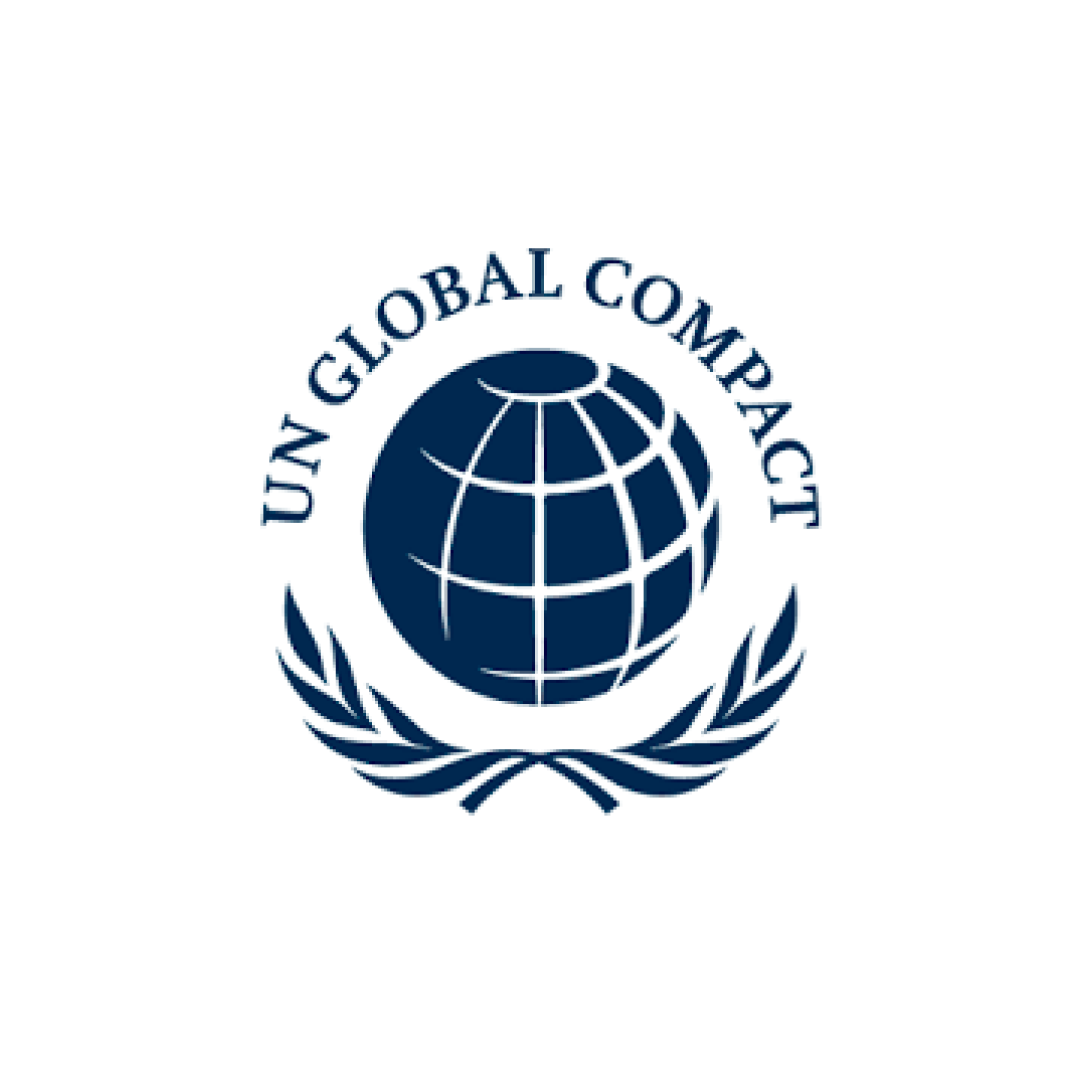

Ibrahim Alhelali is the Executive Director of the UN Global Compact Network in Saudi Arabia and the Chair of the Regional Network Council for Middle East. Prior to that, he worked as an Economist, the Head of Partnerships and Development Finance in the Resident Coordinator Office in Saudi Arabia. He obtained a bachelor's degree at Merrimack College in Boston, Massachusetts USA. He received a masters degree in Economics, from University of Bologna, Italy.
He worked as a medical assistant at Lawrence General Hospital in the US. As well as an Economist at the Vision Realization Office of the Ministry of Health in Saudi Arabia. Alhelali joined the United Nations in June 2020 and he was one of the Coauthors of the UN Diagnostics Paper on the Socio-Economic Impact of COVID-19 in Saudi Arabia and How to Build Back Better. As well as the UN paper on The role of Academic Institutions in Achieving the Saudi Vision 2030 and the United Nations Sustainable Development Goals.
7-9 OCTOBER
The session highlights the role of King Khalid Military College in shaping leadership qualities through systematic military education. It focuses on the approach the college takes to foster leadership development by integrating lifelong learning strategies with tactical military skills, strategic thinking, ethical decision-making, and personal growth.
The session highlights the role of King Khalid Military College in shaping leadership qualities through systematic military education. It focuses on the approach the college takes to foster leadership development by integrating lifelong learning strategies with tactical military skills, strategic thinking, ethical decision-making, and personal growth.